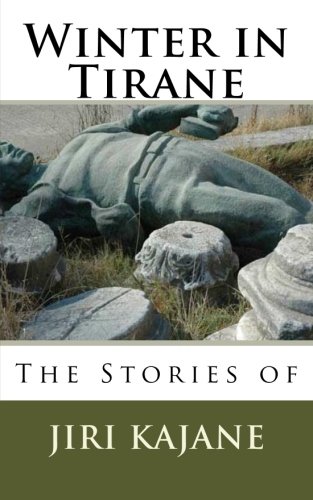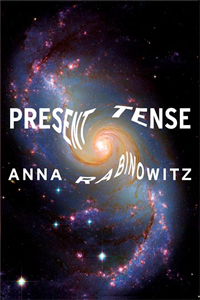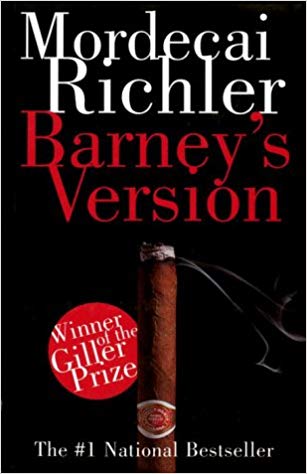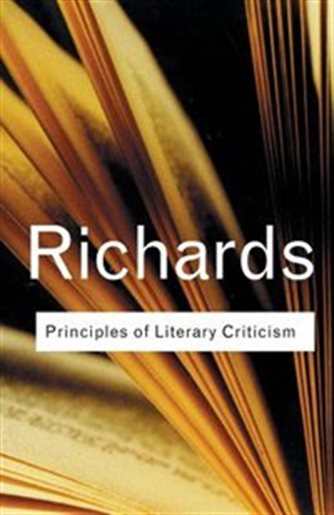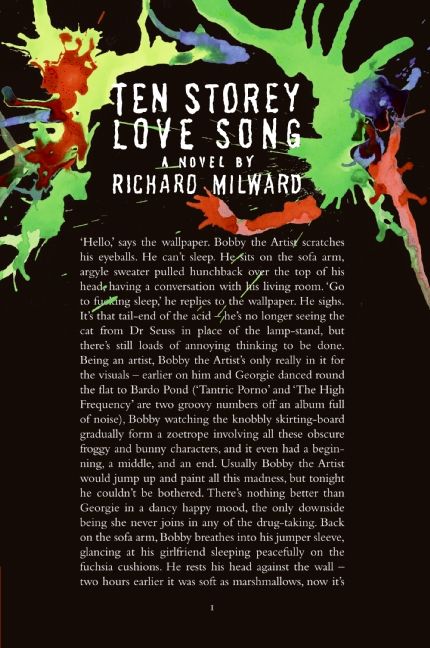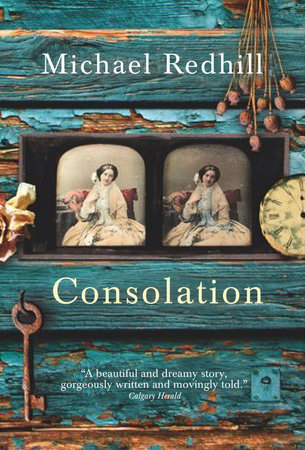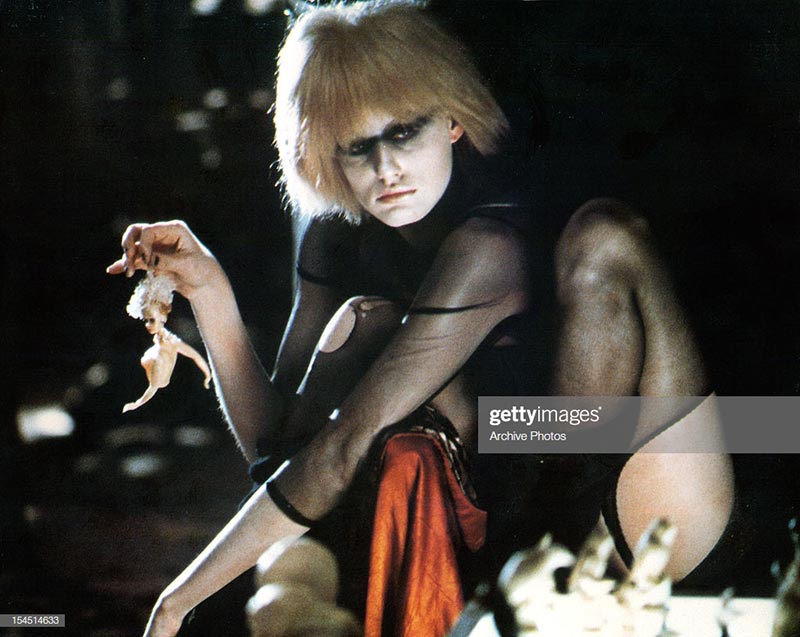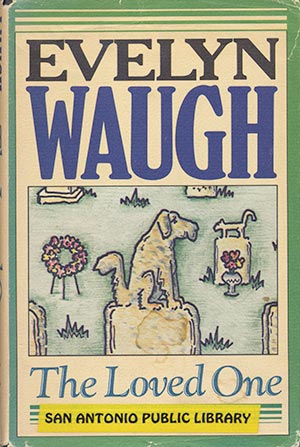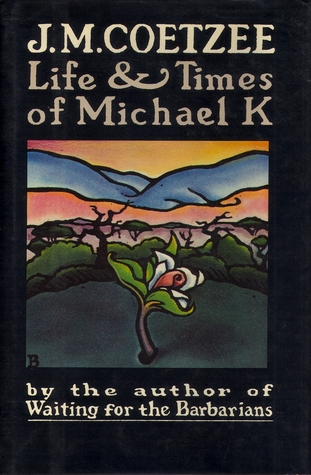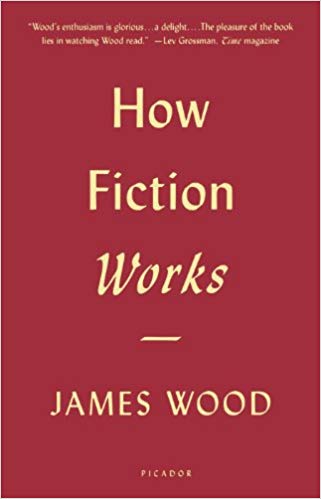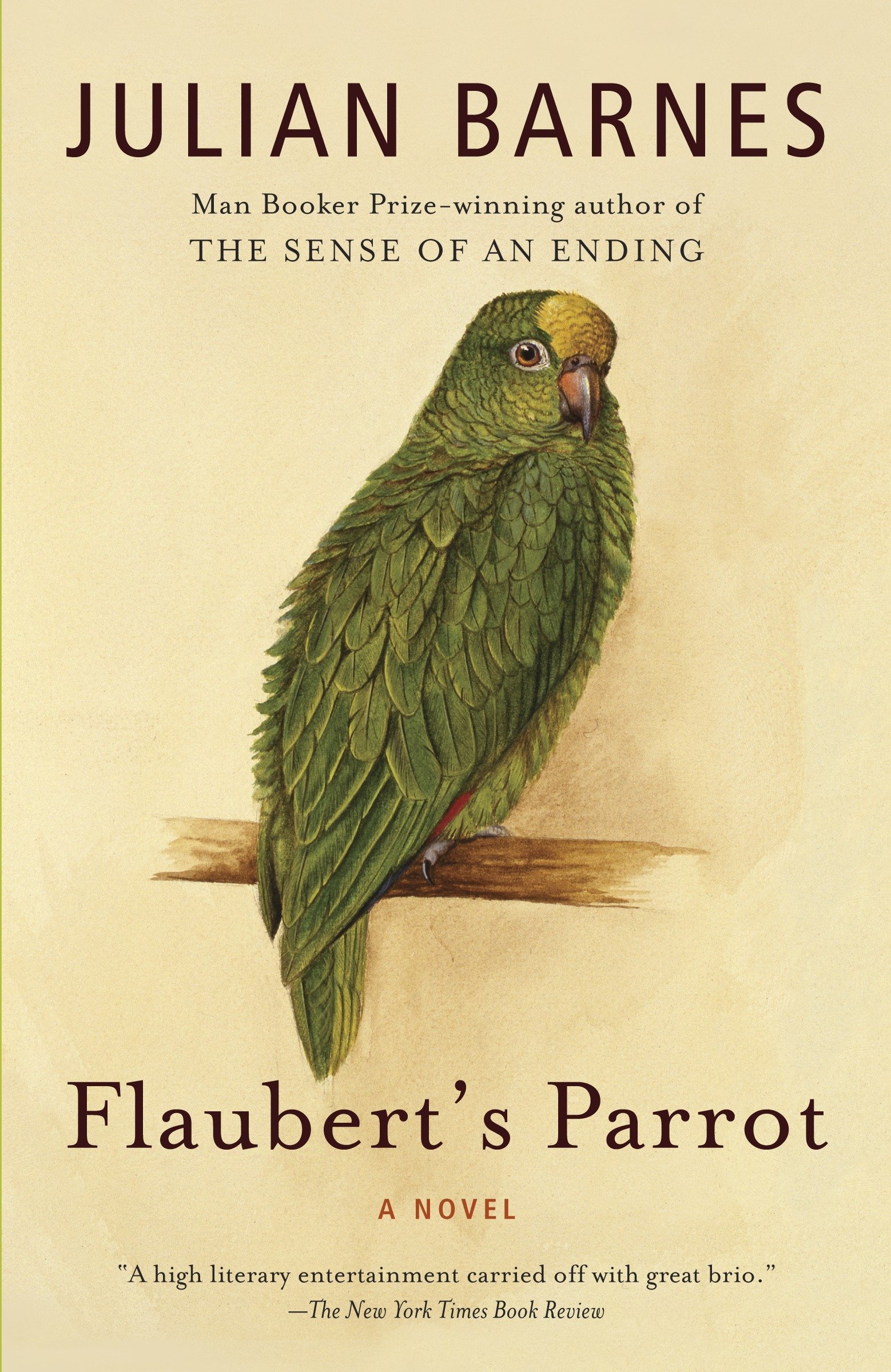Sometimes, book reviewing carries risks. You’ve already seen how one negative review resulted in a threatening email from the author along with a puzzling photo of mating lions. But that’s nothing compared to the next review. After I shared my thoughts about Some Pleasant Daydream: The Stories of Jiri Kajanë, I was contacted by the FBI. Seriously.
Tag: Books
Present Tense, by Anna Rabinowitz
To the extent that we think about themes in contemporary writing (assuming themes even exist outside high school English classes) one of the most familiar themes to trouble the contemporary reader’s brain is alienation.
A Book I’ll Never Read
There’s a book you’ll never persuade me to read. Maybe you know it. A man has a stroke that leaves all his faculties intact but paralyses him except for one eye which he can blink. Using his blinks to indicate letters, he dictates an entire book — his memoir. Understandably, it’s a slim volume. After all, the man has had to measure his words.
Barney’s Version: Novel vs. Film
Barney’s Version, this afternoon. Yesterday, I finished rereading Mordecai Richler’s novel. Now, I’m sitting here with a glass of 14 year old Oban single malt scotch whisky and am toying with the idea of lighting a Montecristo while I reflect on the differences between the film and the novel.
Principles of Literary Criticism, by I. A. Richards
There is nothing worse than a glib thirty-year-old academic who has absolute confidence in the possibility of certainty. Reading Ivor Richards’ Principles of Literary Criticism, I was seized every five pages by an impulse to hurl the book at the wall.
Ten Storey Love Song, by Richard Milward
I was first attracted to Ten Storey Love Song because it began on the cover and continued to the end as a single 286 page paragraph – a quiet challenge to our assumption of what a book should look and read like.
Toronto the Whore and Michael Redhill’s Consolation
There was a time when fiction writers from Toronto were self-conscious about setting their stories in Toronto. Our city was too provincial to be real. It was urban enough, but had no credibility. It was still too close to its parochial roots.
Particularity in Jeff Latosik’s Tiny, Frantic, Stronger
I have volumes of poetry that once belonged to my grandfather and which had belonged to his aunt before him. Some are more than 100 years old, mostly falling apart, with fake gilt lettering on the spines – Coleridge, Wordsworth, Tennyson, Longfellow. Back then, the rules for poetry went like this.
The Future of Books (according to Philip K. Dick)
Sitting at the breakfast table this morning, coffee in one hand, e-reader in the other, I discovered a passage about books in Philip K. Dick’s Do Android’s Dream of Electric Sheep, his 1968 sci-fi novel which served as the inspiration for Ridley Scott’s film, Blade Runner.
NaNoWriMo Research pt 2 – The Loved One, by Evelyn Waugh
As of today, I’ve completed 48,000 of the 50,000 words required to “win” NaNoWriMo — National Novel Writing Month. It looks like my novel will be more in the 75,000 word range. I feel like one of those marathon runners who doesn’t realize he’s crossed the finish line and keeps on going because his legs have gotten used to the idea of running.
Thanksgiving Reading Suggestion: Life & Times of Michael K
I locate my roots in the left — with my nice middle-class suburban liberal upbringing — but lately, I’ve felt disillusioned by the left’s effete response to power’s abuses which I find indistinguishable from complicity.
From Narration to Perversion – How James Wood Thinks Fiction Works pt. II
This is the second post prompted by reading James Wood’s How Fiction Works. As I wrote previously, this is not a book review so much as a handful of supplementary comments and speculations. Go here for the first part of this discussion.
From Narration to Perversion – How James Wood Thinks Fiction Works pt. I
The literary critic, James Wood, strikes a fine balance in his book, How Fiction Works. Although it could, the book never strays into the purely theoretical (unlike I. A. Richards’ Principles of Literary Criticism which I looked at last week) or the mechanical (unlike Jack Hodgins’ A Passion For Narrative which serves as a manual for writers).
Squawking about Flaubert’s Parrot by Julian Barnes
Flaubert’s Parrot is a literary romp by Julian Barnes that tracks the obsessive research of a widowed doctor named Geoffrey Braithwaite. Along the way, Dr. Braithwaite considers all kinds of arcane details about the famed French novelist: his sexual proclivities, plots for unwritten novels, and the use of animals in his writing.
An Emotional Idiot Re-reads Sons and Lovers
The first time I read Sons and Lovers, I was the same age as Paul Morel, the main character of D. H. Lawrence’s classic novel. The chief difference between me and my fictional nemesis is that Paul Morel was carrying on with the married Clara Dawes and I was carrying on with … well … a reading list for an undergrad degree in English literature. He seemed to be having more fun than me.
